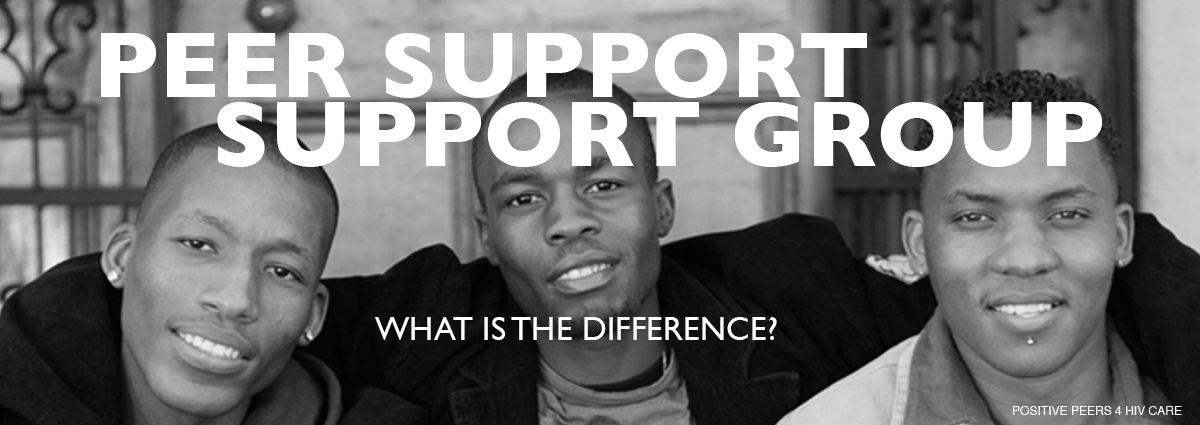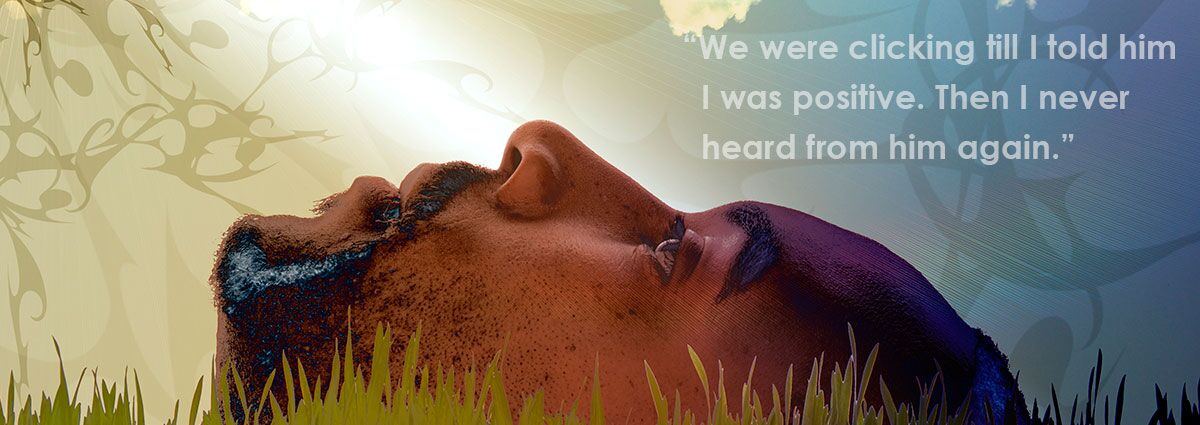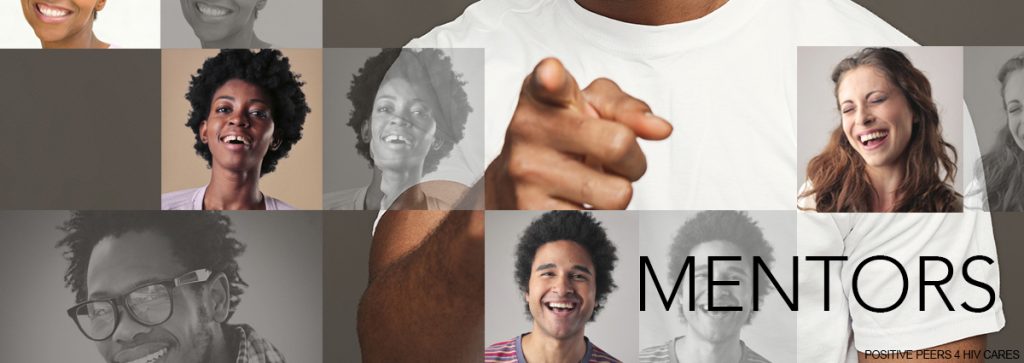
By: Jennifer McMillen Smith, LISW-S, HIV Social Worker at MetroHealth Medical Center and medically reviewed by Ann K. Avery, MD, Infectious Disease Physician at MetroHealth Medical Center
When you’re living with HIV, a good mentor can be the difference between surviving and thriving.
You can survive HIV if you take your meds every day, get tested every few months, and stay on your treatment plan. But that doesn’t mean you’re really living.
Thriving is much more than just surviving — it’s strong friendships, amazing experiences, unforgettable life lessons…you know, the whole being human thing.
Surviving is just scraping by, seeing your doctors and nurses while taking your meds as directed. But to really thrive with HIV, you also need positive relationships and constructive experiences.
And that’s what you get with a mentor: a trusting relationship with somebody who’s been down the road from surviving to living.
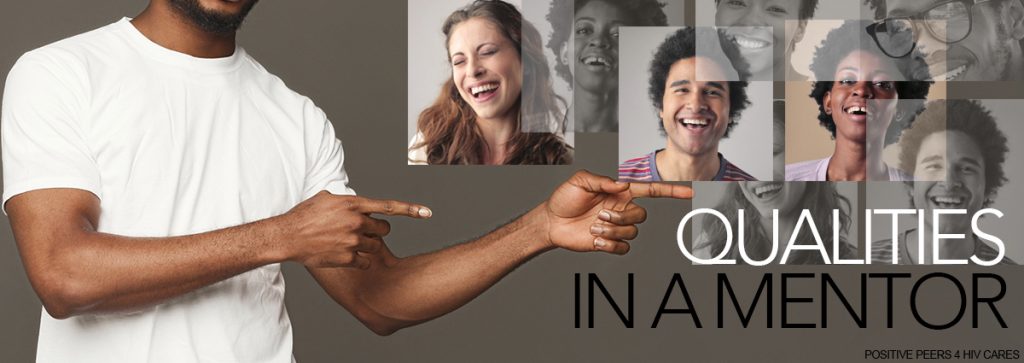
What should I look for in a mentor?
Not everybody is a mentor. That buddy who said, “Don’t worry, you don’t need a condom,” is not a mentor. That’s just somebody putting ideas in your head.
A good mentor is somebody who:
- Understands what you’re going through. Your mentor doesn’t have to be living with HIV, but they should understand all the stress and strain the virus causes.
- Succeeds where others fail. Your mentor must be somebody who achieves goals and persists in spite of discouragement.
- Represents something positive you admire. A mentor might be somebody with a job you’d like to have, or a track record for doing something you’d like to do.
- Has the time to really listen and help you. You and your mentor will have conversations that can take time and effort. Somebody who can’t or doesn’t want to set aside a few hours now and then to hear you out might not be much of a mentor.
- Makes good decisions: The world is full of good people who make bad decisions, but you need a mentor who can guide you toward good ones. People already in the habit of doing the right thing stand a better chance of helping you move in the right direction.
Come join our private, stigma-free, supportive community.
Health management tools with medication & appointment reminders.
Social networking in a community conversation & private chats.
Where to find a mentor
Mentors can be anywhere: on your street, at your workplace, in your church, in our amazing app (just saying), or sitting in with your HIV support group. Heck, MetroHealth even has a mentor program. Ask your social worker for more details!
Places like clubs, community organizations, and activist groups all have leaders who can either be a mentor or help you find one too. And if you’d like to meet a mentor who is LGBT friendly, try contacting your local LGBT Center. Here in Cleveland, we are fortunate to have an incredible number of LGBT resources available and they can all be found on the LGBT Center of Greater Cleveland’s website.
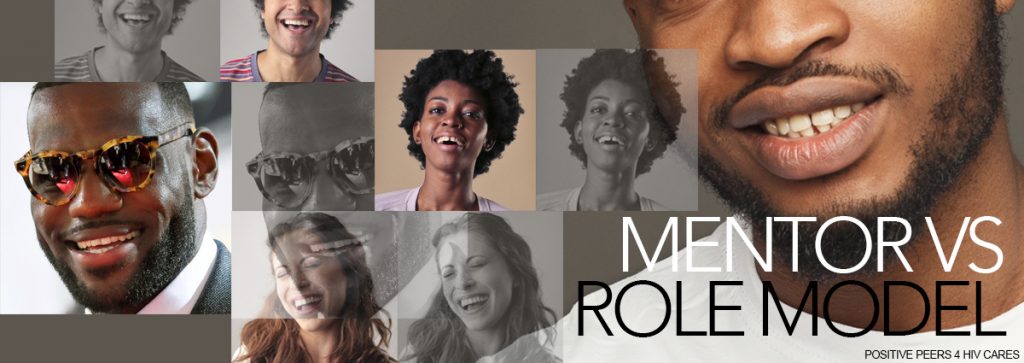
Mentor versus role model
Remember, a mentor and a role model are not the same thing. A role model can be somebody you’ll never meet — a celebrity or the founder of a company — while a mentor is somebody you can actually talk to.
All sorts of famous people who did great things have had mentors. Here’s a list with 25 of them. Even folks like Oprah and Dr. Martin Luther King have had mentors.
It may take a while to find the right match in a mentor. But you should stick with it. A mentor can be the one person who can talk you through the down times and help you appreciate the up times.
Now that’s living right.
Related Blogs:

